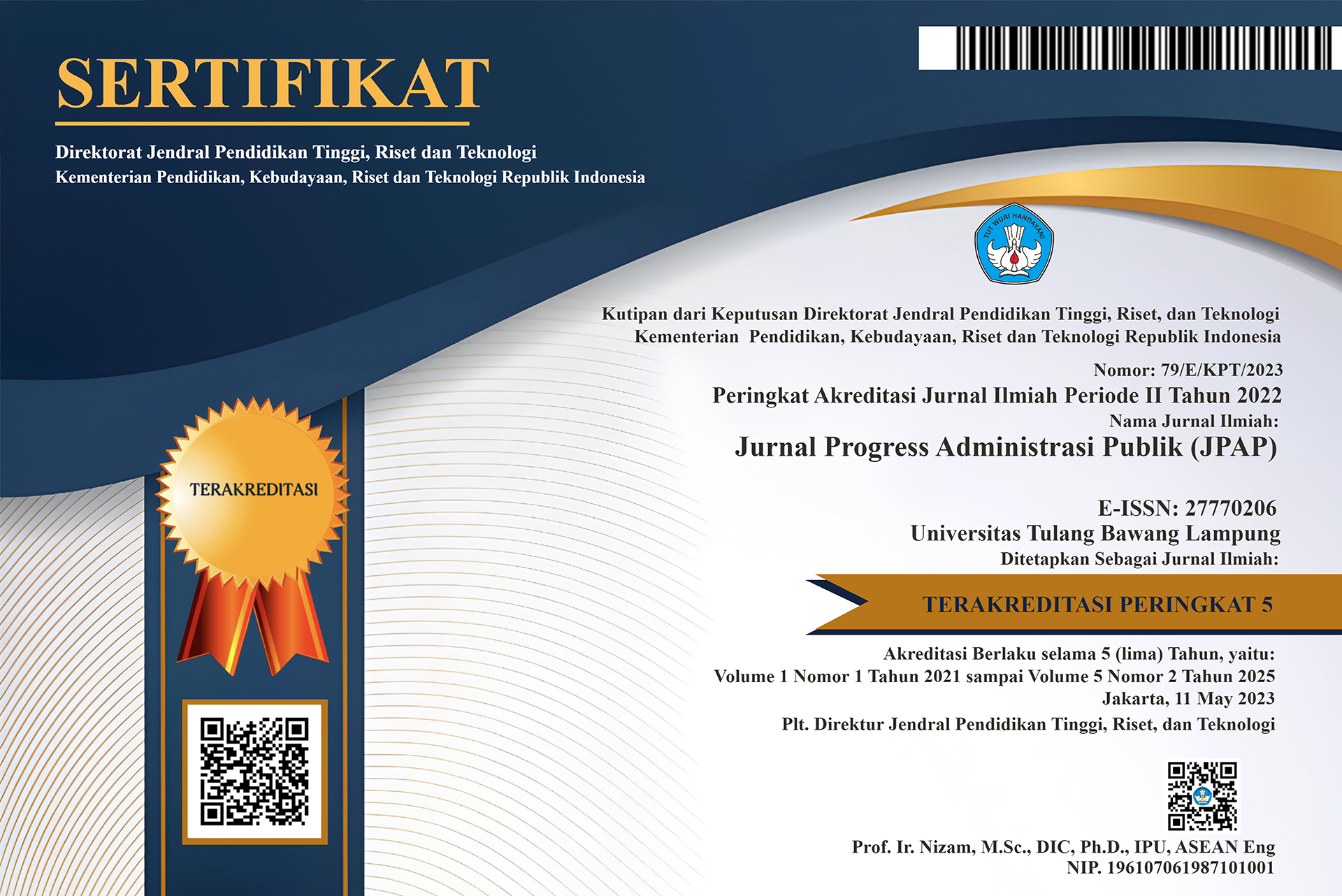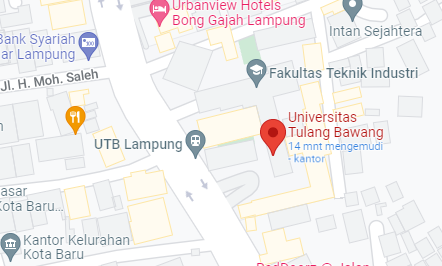PERGESERAN KEKUASAAN NEGARA BERKAITAN DENGAN KELEMBAGAAN NEGARA SETELAH AMANDEMEN UUD 1945
DOI:
https://doi.org/10.37090/jpap.v3i2.1182Abstract
The purpose of this study is to determine state power related to state institutions that have shifted after the amendment. The research method uses the literature study method. State power related to State Institutions before the amendment of the 1945 Constitution the Constitution was the highest law, but people's sovereignty was given entirely to the People's Consultative Assembly (MPR) (as the Supreme Institution). The MPR distributes its power (distribution of power) to 5 (five) Higher Institutions that are equal in position, namely: the Supreme Court, the President, the DPR, the DPA, and the BPK. After the amendment of the 1945 Constitution: the Basic Law is the highest law, where sovereignty is in the hands of the people and is exercised fully according to the Basic Law. The Constitution provides separation of power to State Institutions with equal and equal positions, namely: MPR, President, DPR, DPD, BPK, MA, and MK.
Keywords: State Power; State Institutional Relations.
Downloads
References
Labolo. Muhadam, 2006. Memahami Ilmu Pemerintahan (suatu kajian, teori, konsep, dan pengembangannya, PT. Raja Grafindo Persada, Jakarta.
Radjab. Dasril, 2005. Hukum Tata Negara Indonesia, PT. Rineka Cipta, Jakarta.
Undang-Undang Dasar Republik Indonesia Tahun 1945 setelah Amandemen keempat Tahun 2002, Pustaka Setia, Bandung.
UUD 1945, 2007. Naskah Asli dan Perubahannya, Pustaka Pergaulan, Jakarta.
Downloads
Published
Issue
Section
License
Copyright (c) 2023 Jurnal Progress Administrasi Publik (JPAP)

This work is licensed under a Creative Commons Attribution-ShareAlike 4.0 International License.























